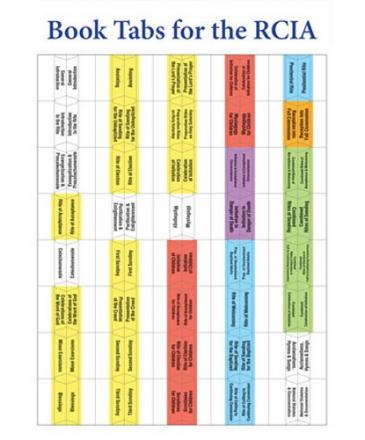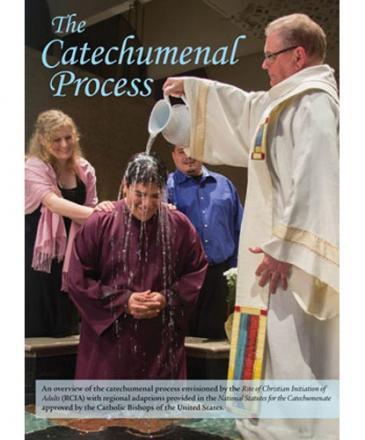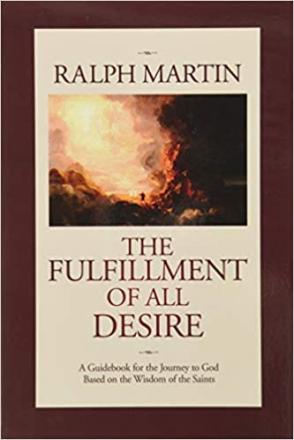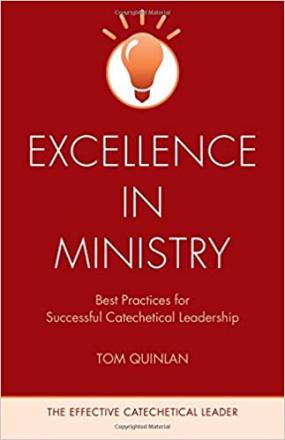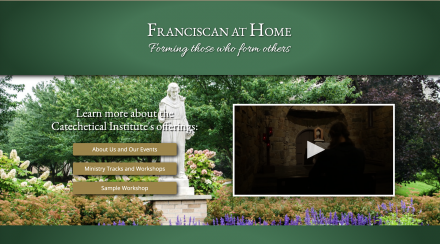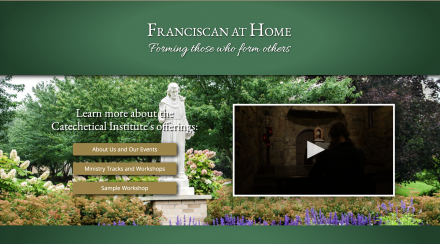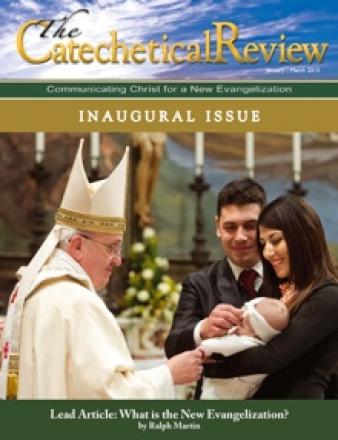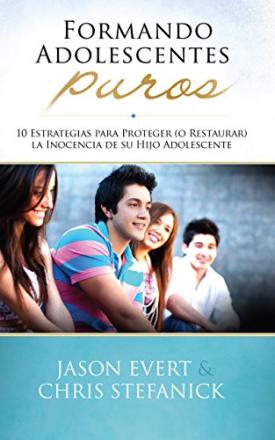Text
Jason Evert y Chris Stefanick
Haga clic en el enlace para comprar el libro.
Descripción: ¿Tiene dificultad al tratar con su hijo adolescente el tema de la castidad?
Endodoncia. Embotellamiento vial. Esperar su turno en fila para renovar su licencia de conducir. Usted probablemente podría hacer una lista del tamaño del directorio telefónico de actividades que preferiría estar haciendo en vez de hablar con sus hijos adolescentes sobre el sexo. Pero en la cultura de hoy, ¿quién se puede arriesgar a formar hijos sin la verdad sobre la sexualidad humana?
Con la “pornificación” de todo desde la ropa de moda para adolescentes hasta los comerciales que pasan en la televisión, ¿quién puede correr el riesgo de no revelarles a los chicos la realidad sobre la sexualidad humana?
Como educadores principales de sus hijos, es su derecho y su obligación asegurarse de que sus hijos estén prevenidos y preparados para tratar con el sexo opuesto de una manera católica y resistir la visión falsa del mundo secular.
En Formando Adolescentes Puros, reconocidos conferencistas sobre el tema de la castidad, Jason Evert y Chris Stefanick, incorporan la sabiduría de la Iglesia con 10 estrategias comprobadas para hablar con los adolescentes sobre la castidad. Ellos ofrecen una combinación perfecta de humor y seriedad, historias reales
y comparaciones metafóricas, ciencia moderna y lógica innegable.
Una vez que lea Formando Adolescentes Puros, usted se dará cuenta que no está solo en el trabajo de acercar estas bellas verdades a sus hijos adolescentes – y no estará solo al ayudarles a implementar estas enseñanzas en sus propias vidas.
